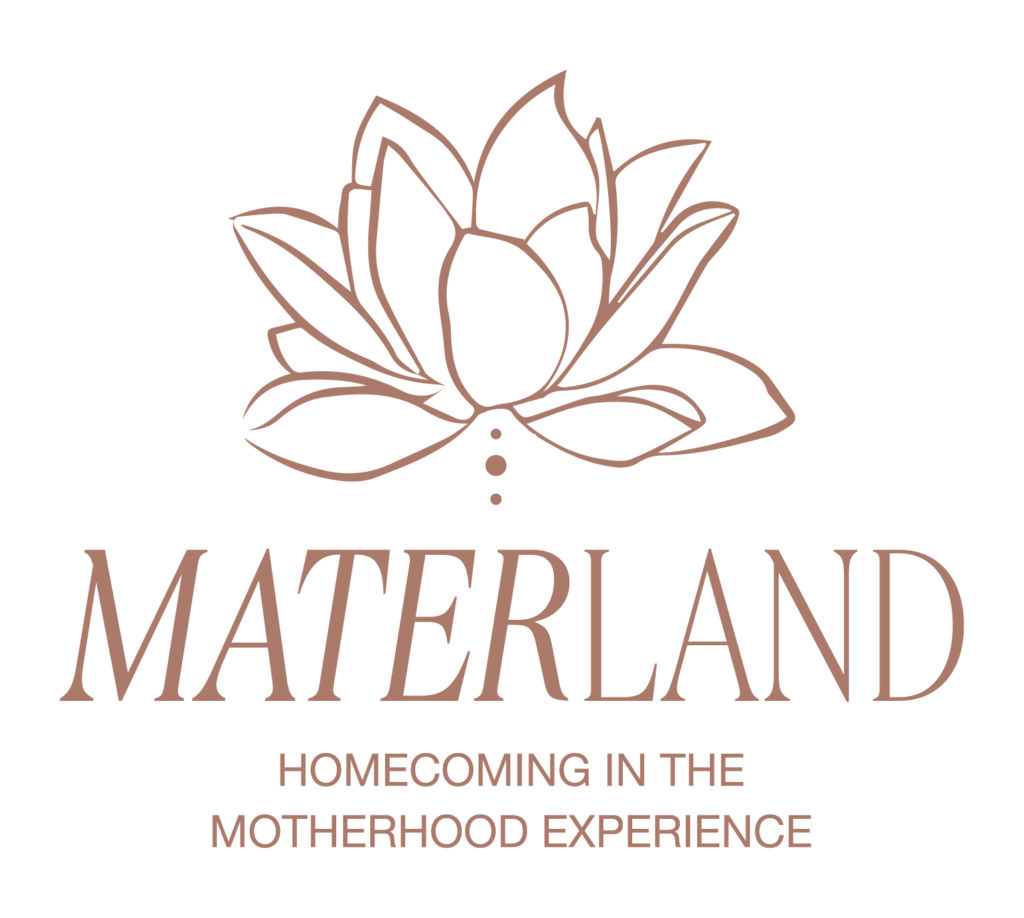The First 40 Days Postpartum

The First 40 Days Postpartum: Ease Your Recovery
Childbirth is one of the experiences that can tire yet exhilarating at the same time. Thus, no matter how easy the birth was, every new mum needs recovery time. Factors like C-section delivery and other complications may extend the recovery time and hence, the need for postpartum care increases exponentially. However, in normal cases,
However, in normal cases, the first 40 days of postpartum are critical where both the mum and bub need special care for smoother recovery, bonding time, and landing into the new reality.
Traditionally, the first 30–40 days after delivery is believed to be the perfect time to re-energise, heal and go back to the pre-pregnancy stage. This period is also important for the newborn to gain immunity and strength. For new mums, this is a critical phase to strengthen the bond with the child as they are adjusting to live outside the tummy.
Postpartum Recovery Timeline
After delivery, your body goes through different physical and emotional changes during the first month. In this time phase, your uterus tries to get back to its original size and hence, you may feel contractions while nursing. During childbirth, your body does hard work and this may cause pain all over your body. Apart from these symptoms, you may bleed severely for a few days, which gradually lessens after a few days.
Thus, after birth care for mom is very critical. Here is some postpartum advice that you can follow to smoothen and ease your postpartum recovery.
Rest to Recover
No matter if you had a c-section or a natural childbirth, your body will experience physical changes like urinary and bowel incontinence, constipation, post-pregnancy bleeding and bruising. If you have gone through C-section, it may take longer to recover. Here, the best way to recover is to rest. Though taking proper rest after childbirth is not easy, you have to ask your husband, parents and other family members to help you with chores. If needed, consider hiring help. This not only helps you to focus on resting but also to look after your little one.
Deal with Baby Blues
Emotional disturbances and exhaustion are very common with moms after delivery. This happens mostly due to painful labour and hormonal changes in the body. Thus, you may often find your mood swinging from being cheerful to cranky in the postpartum phase. This frequent emotional swap is also known as baby blues. Use the first 40 days of postpartum (there is a beautiful book of history about this concept, recipes, journal prompts you can delve into in-depth) and to get over this psychological upheaval. Concentrate on strengthening the bond with your baby as it will help you to calm down and enjoy your motherhood.
Follow a Breastfeeding Regime
Breast milk is not only a natural food but also provides your newborn with the best nourishment. However, for first-time mums, breastfeeding can be a tedious task and might not happen easily. Though you may face troubles at the beginning, it gets normal with time. Remember, sore nipples or breast refusal are quite normal. Anyway, if you are facing severe problems, consider consulting your doctor. You may also take help from your mother or any other experienced mother in your family for perfecting the art of breastfeeding.
Focus on Postpartum Nutrition
When preparing for postpartum recovery, it’s important to focus on nourishment. There are several customs and traditions that focus on the nutrition of both the mother and child. In most cases, elderly women in a family introduce traditional foods and specialized rituals to new mums for proper nourishment. Though it’s difficult to follow each of these customs, you may embrace a few that are useful.

The Best Post Pregnancy Diet: An Ayurvedic Guide
If you are worried about how to take care of yourself after birth, follow an Ayurvedic diet during your postpartum period. An Ayurvedic postpartum diet not only speeds up your recovery but also improves your health and well-being. This diet also improves your milk supply and enhances its nutritional value.
Here is some postpartum advice by Ayurvedic experts that you may follow to speed up your recovery process:
Must do- Drink plenty of water, you will notice that every time you breastfeed you will get thirsty. It’s a good idea to set up a bottle of water (warm it’s best as the cold will cool your body to much at this stage -and you don’t want that!) in your breastfeeding station. Snack if you feel like, dried fruit and nuts are great healthy fat will increase you milk production.
Fresh meals– For quick postpartum recovery, it’s important for mothers to have fresh meals. Freshly cooked foods have more nutritional value and provide life force to the mother.
Sweet, Sour and Salty Food- Foods with all these tastes help your body to get back to its pre-pregnancy stage. Apart from promoting rejuvenation, these tastes help build tissues.
Rice, Milk, Ghee and Healing Soups– After pregnancy, the Vata element in your body may increase. To calm down this element, incorporate an easy to digest yet highly balancing diet like milk, ghee, rice and vegetable soups in your daily diet. According to your dietary requirement and visions choose rich and fatty foods. If you eat meat, broth and stew are great to build blood and Qi in your depleted system. According to Ayurveda and also Chinese Medicine, it is advisable to avoid fruits for 21 days after childbirth. To improve lactation, you may consume fenugreek seeds and fennel (veggies and seeds) and leaves as they have Vata calming properties by also increasing the milk production.
Herbs– Ayurvedic herbs are great for balancing your hormones. These herbs act as medicine and help you to avoid chronic diseases, arthritis, weight gain, and so on. Herbs like coriander, basil, turmeric, shatavari, etc. can heal your body better and strengthen your immunity in the post delivery period.
Avoid- Try avoiding caffeine (try this turmeric latte recipe, it’s tasty, reduce inflammation in the body and will warm you up) and exciting food such as cioccolate and teas. Alcohol is also very inflaming and not good at all if you are breastfeeding.
****

